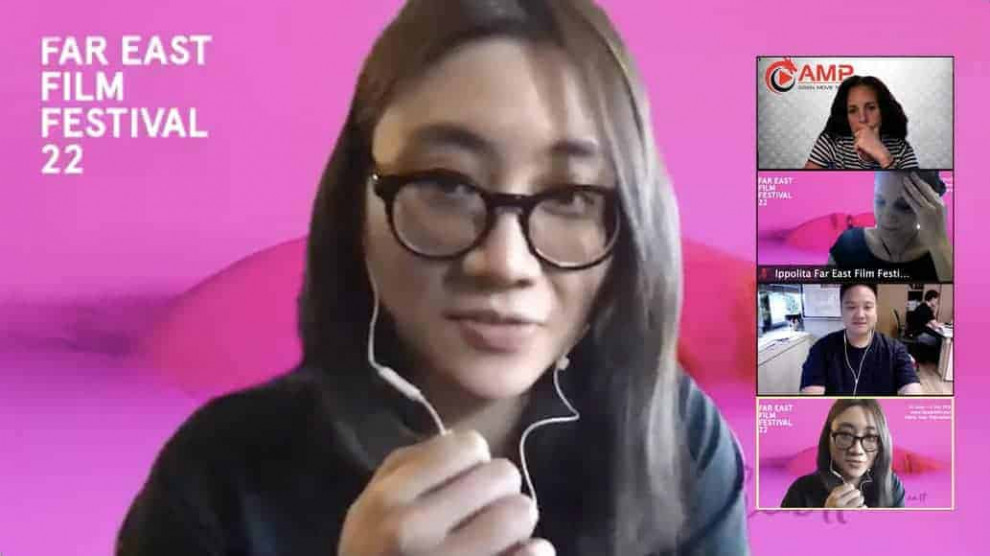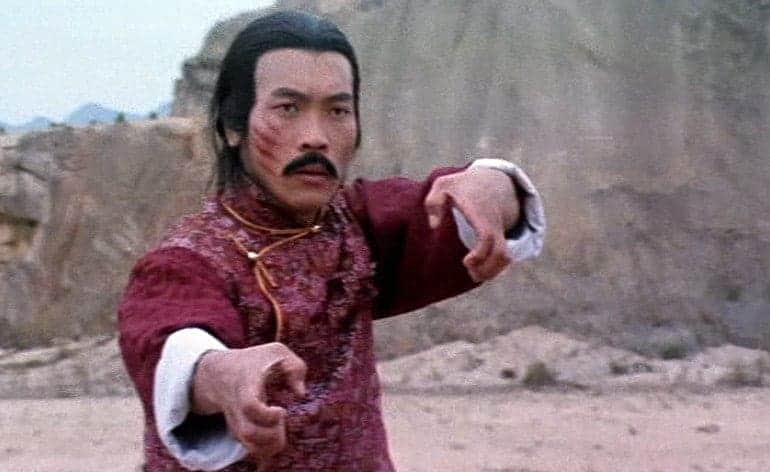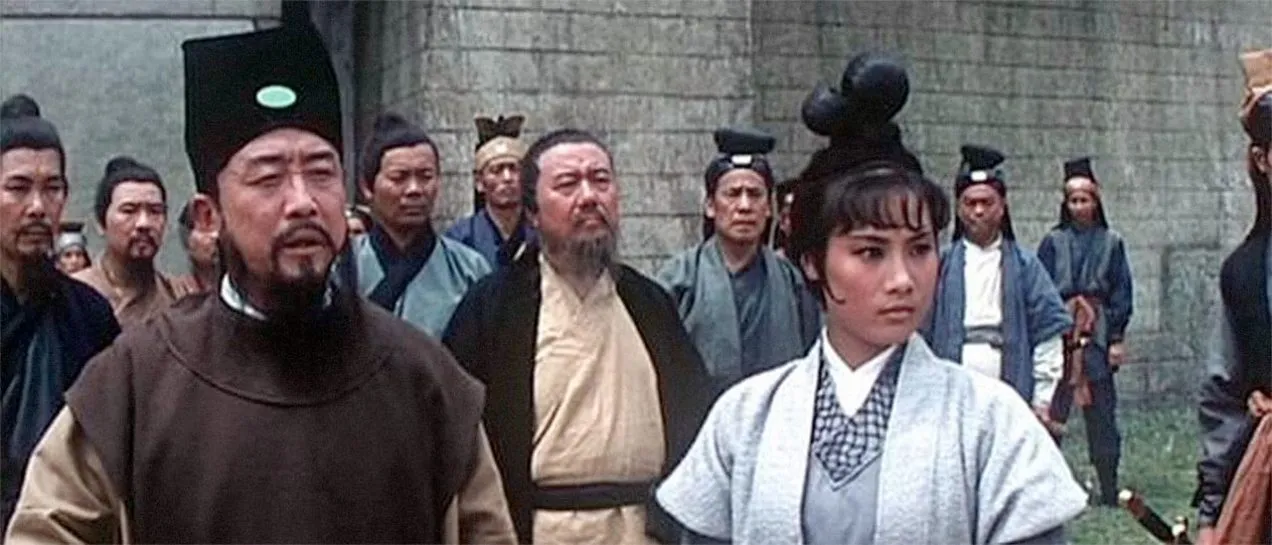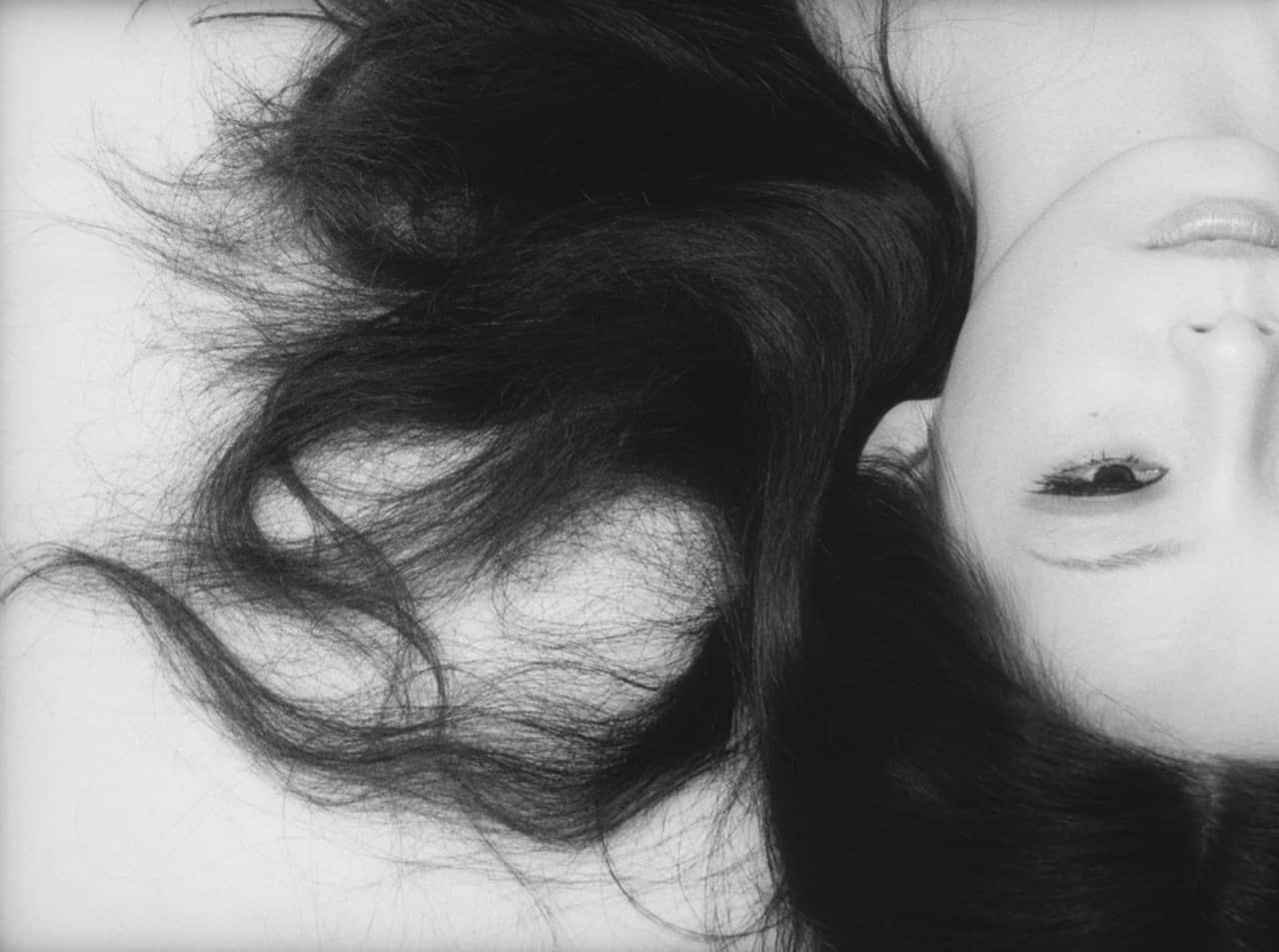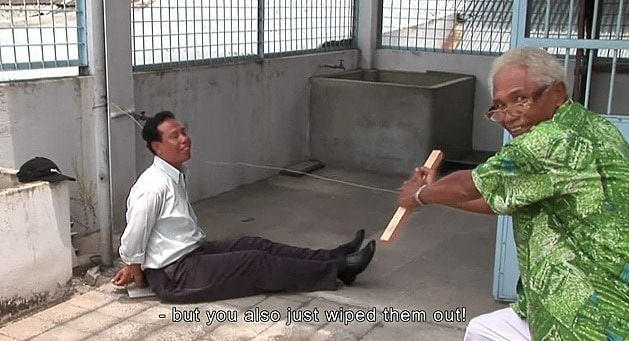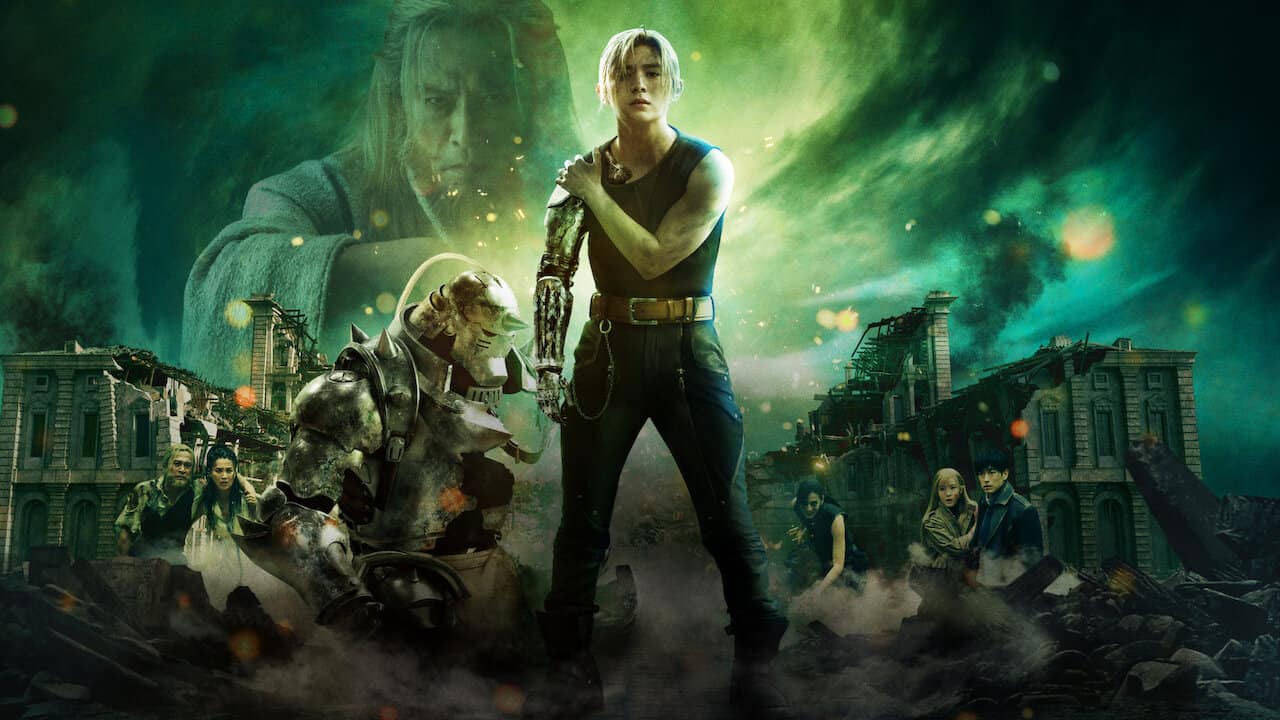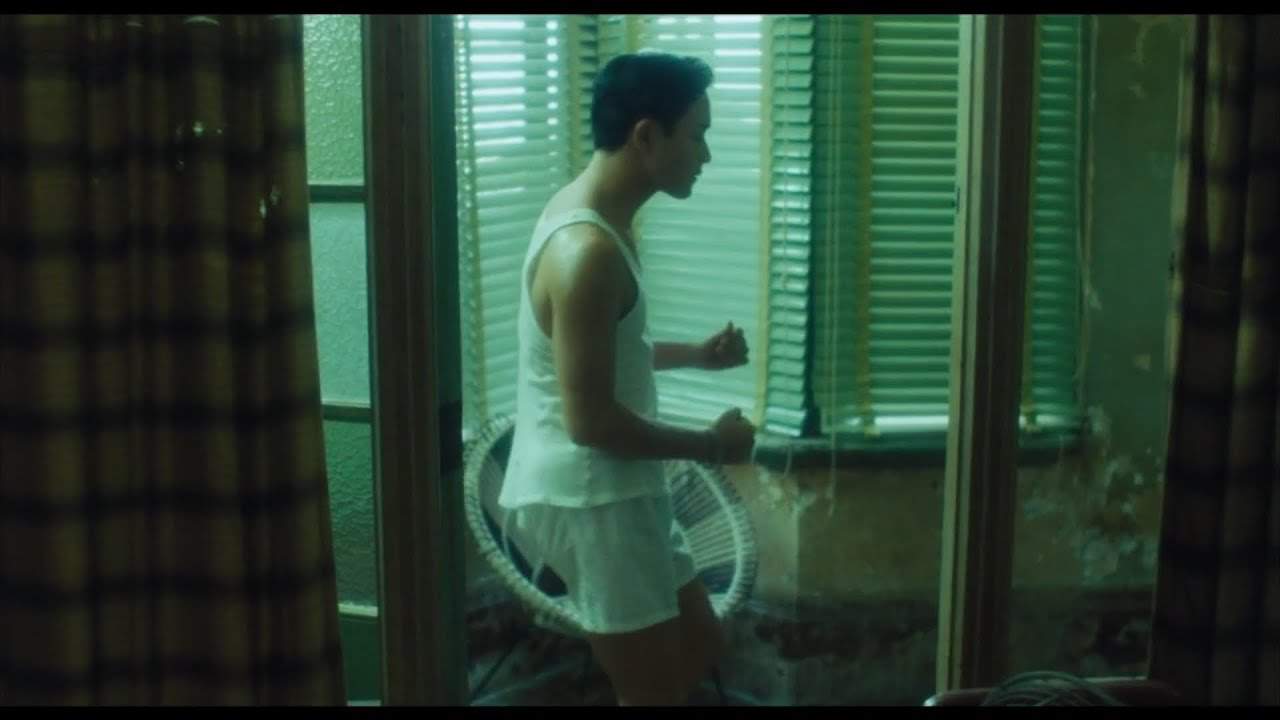Norris Wong studied filmmaking at Hong Kong Baptist University after finishing her first degree in biology. When she earned an MFA in 2012, she started experimenting with short films, including “From Here to There” (2012), about two men, inseparable as teens, reconnecting with each other after a decade. In 2013, Norris won Best Screenplay at the Hong Kong FreshWave International Short Film Festival with “Fall” and went on writing and directing her first feature film “My Prince Edward“ under the guidance of the First Feature Film Initiative (FFFI) scheme.
On the occasion of “My Prince Edward” streaming at the online edition of Udine Far East Film Festival 2020 we talked with director Wong about her inspirations, why the location of her film is so important, her vision and much more.
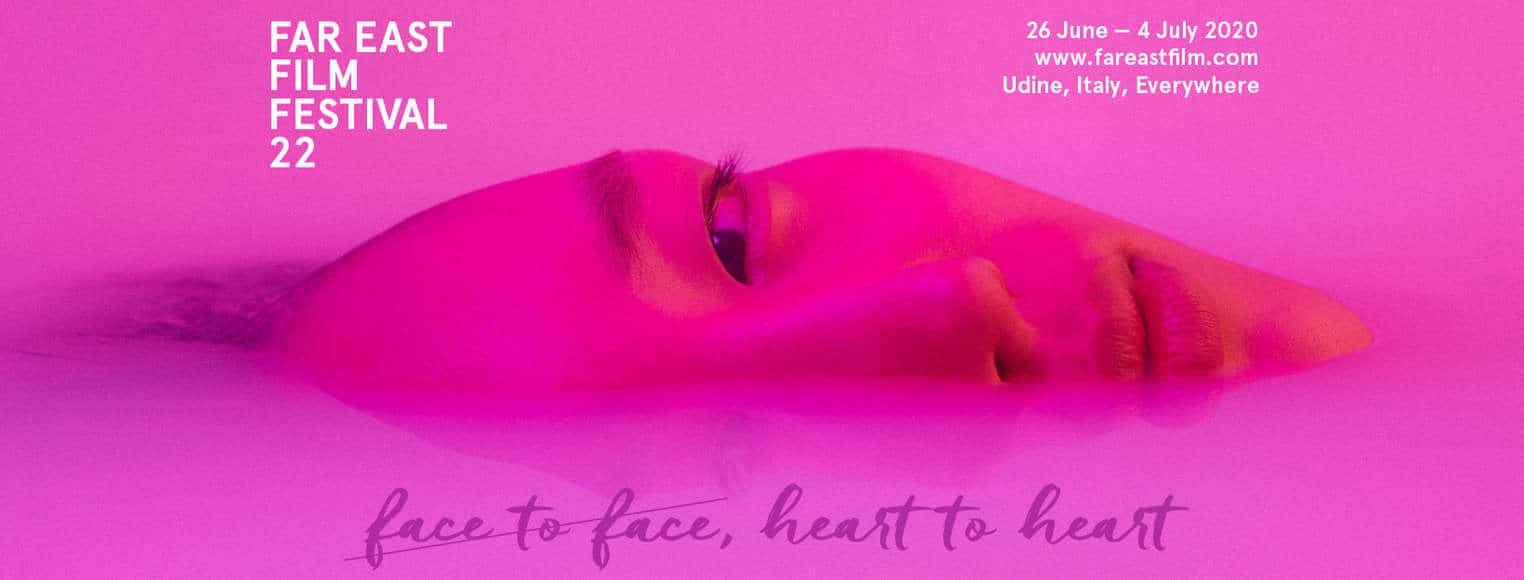
Producer Felix Tsang of Golden Scene (International Distribution) was translating for director Wong. Matthew Scott and his students of the Far East Festival Campus also were present in the interview.
*The very last question & answer contain a spoiler. It is marked and if you haven't seen the film you may want to stop reading there*
This is your first feature film and you covered the double role of director and writer. How was it working in this double role and are you going to carry on, or you feel more attracted by one of them?
Yes, this is my first time as a feature film director but I actually have a background in screenwriting so often, if there were some execution problems and compromises in terms of locations or set-pieces so I would adapt the script to fix those problems in the direction, so that was useful. But I am more comfortable as a writer. If something comes out in the future that I really feel the urge to direct, I will do, but I really see myself in the future focusing on writing.
The script really makes the difference here, the characters are flawed and human and real. Where did the inspiration come from? Is the story inspired by your personal experience? And were you influenced by the conflicts going on in Hong Kong?
The script was made in 2017 and the Hong Kong / Mainland China conflict wasn't as intense back then. The character of Yan is actually based on a classmate of mine when I was studying my master degree in filmmaking. I was the only one from Hong Kong, all my schoolmates were form China and one of them actually asked me if I wanted to do a fake marriage to help him getting the permanent residency in Hong Kong. Lots of my characters are based on observations of my schoolmates and interactions with them.
While I was writing and also shooting the film, unfortunately my father fell ill and he was able to see only the first 1/3 of the first cut before passing away so I decided to dedicate the film to him. Thinking back, my dad was actually quite similar to Edward in the way he is very much a man-child, he cracks jokes, he doesn't take things too seriously and my mum is very similar to Fong, quite reserved, but I don't believe my family had an influence on my perception of marriage in general. The major influence is my personality and my previous experiences. In fact, Edward is a mix of my previous experiences and relationships, so more based on my life than on my family. I am a bit similar to Fong in the way I always try to compromise. I always look OK but then under the surface these problems accumulate and build up over time.
There are few very long takes in the film and I was wondering if they are a stylistic choice or there is a strategy behind these?
The long takes are definitely a conscious choice of cinematography, I wanted to use these long takes to portray a sense of realism and a sense of immediacy in that moment. Also, I wanted to highlight the mall, because it is a very iconic mall in Hong Kong, called Golden Plaza, that is very run down but very busy with lots of marriage shops and I wanted, in a way, to document this area and the mall. That is why I choose to adopt these extended takes. Also the Golden Plaza is not commonly shown in Hong Kong films so I wanted to document that. There was another long take, when Edward finds the document of Fong's wedding, It was a very long shot that runs from the third floor to the ground floor on the escalator but it was trimmed and it didn't make it to the final cut.
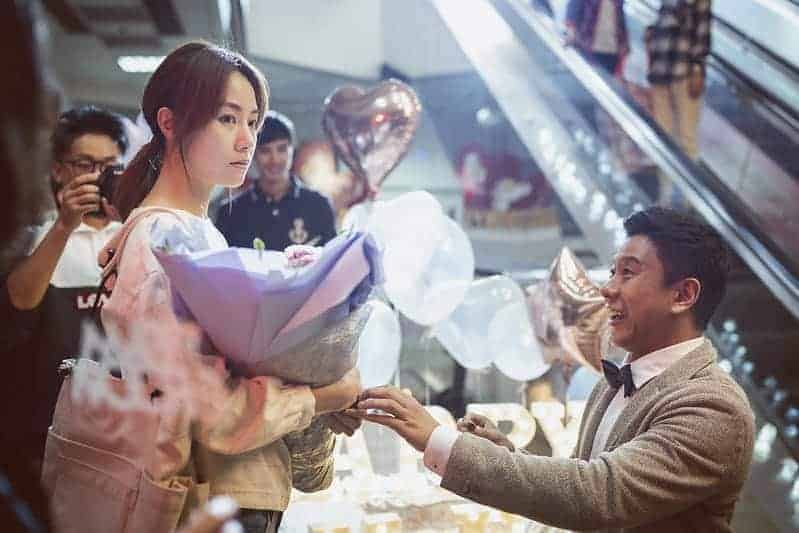
It seems that the location is very central in “My Prince Edward”
Yes, I always had the theme of Golden Plaza in mind while I was writing the script, because I grew up in that area called Prince Edward, I lived right across the Golden Plaza and I would see those red / orange lights that you can see in the film, every night from my windows. I always looked across the road, to the mall, and thought it was very intriguing and that there were many stories to be told because it is a shopping mall but also a residential building. That is already weird but there are also lots of little offices of all sorts, Chinese doctors, private investigators, etc, Also on the ground floor, there is a bus stop for all shuttle buses going to Mainland China; so, this place is home to lots of different stories.
I very much wanted to shoot all the film on location in Price Edward to show the audience where I grew up. The red neon light that you can see in Fong and Edward's bedroom is actually the real color of the neon signs of Golden Plaza, I would see it from my house from across the street every night so I wanted to show that their flat was right near the neon sign. Also, in Chinese culture, red is a colour of celebrations, marriage, new year, but it can also be a scary or moody color. It is an interesting conflict that matches with the story too.
Can you talk about your collaboration with Stephy Tang? How did you develop the character of Fong together?
I didn't know Stephy before the film, I reached out to her after finishing the screenplay, after seeing her performance in Pang Ho-cheung's “Trivial Matters” (2007). I thought her performance was very layered and I wanted to contact her also because we were both born in the 80's, also born and raised in Hong Kong, our sentimentality is very similar, our views on marriage are very synchronized. So, after our first meeting, everything matched and we fine tuned some details in the dialogue together. Stephy was very cooperative. Fong's personality is not strong, she hasn't got an opinion and she often compromises with what comes her way, she doesn't really know what she wants so when a boy approaches her that is not “that bad of a deal”, then she would basically give it a shot. So, in all these years of their communication problems, she would be the one that let it slide and compromise the situation. Therefore, it appears that the relationship is very stable but then all the problems start coming up when the issue of marriage is brought upon.
What is your vision with this project, what do you hope people will get out of it?
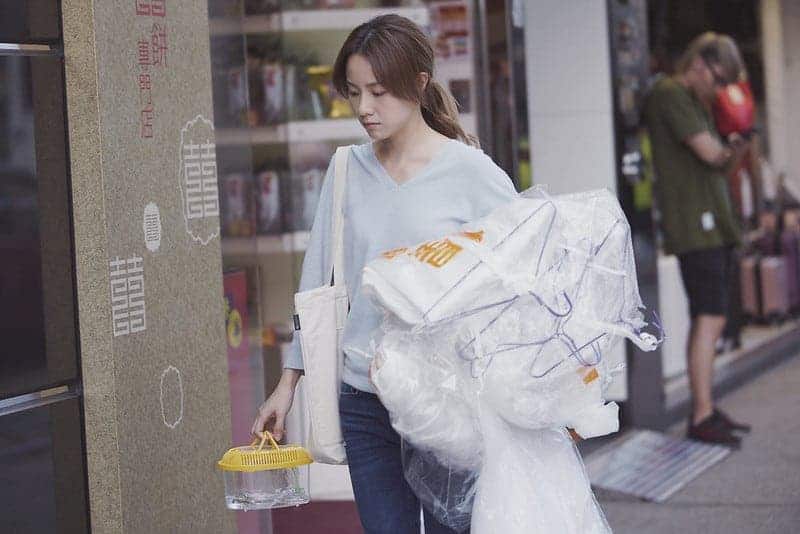
At first my vision was for all the audience members to get divorced, but that didn't work (she laughs). I really want to encourage people to see what made Fong and Edward's relationship not work. In terms of women empowerment, I wanted the women of Hong Kong to see that there is not only one way, that marriage is not the only way and that it doesn't mean that you fail if you don't get married, so to reflect over their relationships.
How important was to be part of the Fresh Wave and the First Feature Film Initiative (FFFI) scheme to be where you are now? What do you think of the support in Hong Kong today for new filmmakers?
For those who are not familiar, Fresh Wave is a short film Festival based in Hong Kong that encourages young local filmmaker and provide funding for them and show their work around the world. I had a film that was selected in Fresh Wave and I feel it was a very good platform for new directors because it requires you to write a complete script, even though it's for a short film, because it is a perfect stepping stone for a filmmaker to learn how to write a script and execute it. Moreover, Fresh Wave gives the opportunity to travel and go to Festivals and to show the films to a wider group of people and industries.
I think the FFFI is the primary program that helps filmmakers. It was the second time that Stephy Tang participated to a FFFI project, the first one being “Somewhere Beyond the Mist” (Cheung King-wai, 2017) and in order to participate, you have to submit the full script so they are ready for the actresses to chose from. Stephy read the script, she liked it and she didn't mind the low budget. Even though the budget was quite low, the scheme itself (the FFFI) is good because they don't influence your creative process, unlike working with the film studios that pretty much have creative control over the writers or the directors, so I had more freedom in creating my own film with the FFFI.
Even the characters of your film are all in search of different kinds of freedom; what is freedom for you?
I actually thought a lot about the topic of freedom recently, because it's something you don't really think about until it has been threatened, like a fish that doesn't realise it's swimming in water until the water is taken away and then it starts gasping for water. For me, freedom means writing without creative control, making the films I want without interference from external factors. Yes, so basically I make the films I want to show to my audience.
The films gained consensus and awards in the festival circuit and it's finally in the cinemas now. How is it doing in theatrical release?
Felix Tsang of Golden Scene (International Distribution) answers the question: The distribution plan (from Golden Scene) was completely ruined by the COVID emergency, the original plan was to release it very close to the Hong Kong Film Awards, which is usually in April, but of course this year there was no physical ceremony, the whole thing was turned into an online presentation in May. In all that time, the cinemas were closed so basically the distribution plan was ruined and without a physical award show, there is not enough press coverage. So, when the cinemas opened back, afterwards in early May, we decided to move the release of the film to mid June. Now, due to the COVID emergency, Hong Kong cinemas are operating at 50% of their capacity and the tickets are sold at a reduced price, in order to attract more people. Therefore, although we do have very good response from the audience, the numbers are not as we originally intended.
If you had to direct the film now, would you write it or direct it differently?
I guess it would be very different if I was to write the story today, as the vibe in Hong Kong right now is very different, it feels that issues like marriage, romance, love are not very important because there are more important things Hong Kong people are striving for. So, if had to write now I would write something completely different.
Before we wrap up, could you let us know what the next project is?
For my next film, I would like to write about migration, whether people would leave or stay in Hong Kong, this is something very commonly discussed in Hong Kong nowadays and human migration is something I am very interested.
*SPOILER ALERT – FROM HERE*
Can you talk about the ending of the movie? I was very surprised to find an enigmatic ending and I was wondering if it had been always your plan or it was something that grew on you while filming?
It is a very interesting story. When I wrote the script, I had a plan from the very beginning that Fong would leave Edward and leave Golden Plaza to start a new chapter in her life, but there is a very strange phenomenon that happened in all the screenings and Q&As. There is part of the audience that think that Fong will go back to Edward, based on her character, and so I think that it's just up to the audience to interpret that and whether Fong will leave Edward or not.
It's the table purchase that is deceptive!
Interestingly the scene of the table online purchase is an additional shot, we did it after the film was completed and in fact that hand on the phone is actually my hand, not Stephy's. I wanted to add that scene because I wanted Fong to finally do something for herself, buying something that she really wanted and I was hoping that that would show that she is moving out, but then part of the audience think she is buying the table for “their” home, so, yes, it's very interesting.


